Water Heater Repair – Georgetown, TX
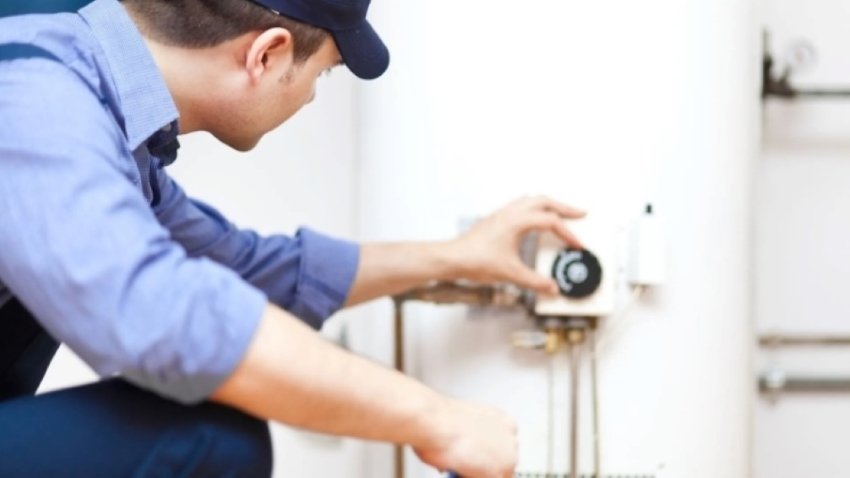
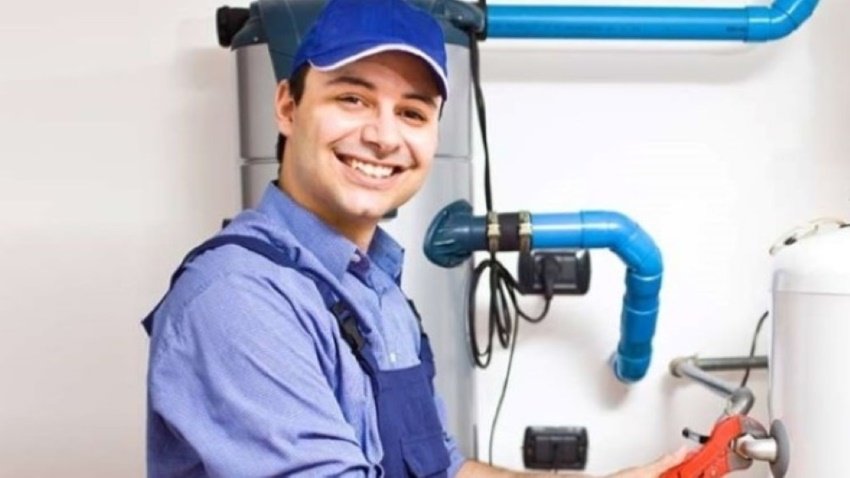
CALL FOR A FREE ESTIMATE
Advanced Leak Detection Technologies in Water Heater Repair
1. Acoustic Leak Detection: Explore how acoustic sensors can detect leaks in water heater systems by analyzing sound frequencies, allowing plumbers near me to pinpoint the source of leaks quickly and accurately without invasive methods.
2. Moisture Detection Sensors: Discuss the use of moisture detection sensors to identify water leaks and moisture buildup around water heaters, providing early warning signs of potential issues and preventing water damage to surrounding structures.
3. Hydrostatic Testing Methods: Explain how hydrostatic testing methods, such as pressure testing and dye penetration testing, can be used to assess the integrity of water heater tanks and identify leaks or weaknesses in the system.
4. Thermal Imaging Cameras: Highlight the use of thermal imaging cameras in water heater repair near me to detect temperature variations and anomalies that may indicate leaks or insulation deficiencies, enabling plumbers close to me to diagnose problems non-invasively.
5. Fiber Optic Inspection Systems: Explore how fiber optic inspection systems can be used to visually inspect the interior of water heater tanks and pipelines, providing real-time imaging and video footage to identify corrosion, sediment buildup, or other issues affecting performance.
6. Electronic Leak Detection Devices: Discuss the use of electronic leak detection devices, such as electronic leak detectors or tracer gas detectors, to locate leaks in water heater systems by detecting changes in gas concentrations or electrical conductivity.
7. Ultrasonic Testing Equipment: Explain how ultrasonic testing equipment can detect leaks in water heater systems by emitting high-frequency sound waves and analyzing reflections to identify areas of increased fluid flow or pressure loss.
8. Remote Monitoring Systems: Highlight the benefits of remote monitoring systems that allow plumbers to remotely monitor water heater performance, detect leaks, and receive real-time alerts or notifications of potential issues, enabling proactive maintenance and timely repairs.
9. Computerized Leak Detection Software: Discuss the use of computerized leak detection software that analyzes data from multiple sensors and sources to identify patterns, trends, and anomalies indicative of leaks or inefficiencies in water heater systems.
10. Integration with Smart Home Systems: Explore how leak detection technologies can be integrated with smart home systems, allowing homeowners to receive alerts on their smartphones or devices in case of leaks, enabling quick response and minimizing water damage.
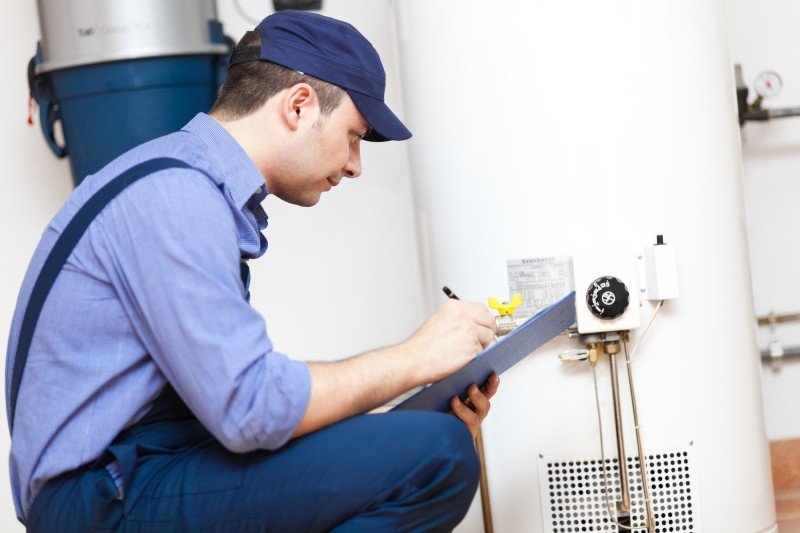
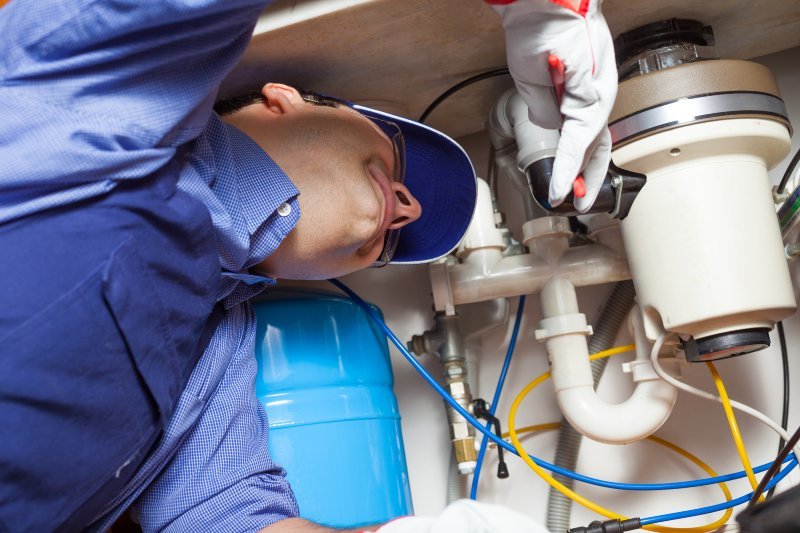
Emergency Water Heater Repair: Rapid Response Strategies
1. 24/7 Emergency Hotline: Establish a dedicated emergency hotline or contact number for residents to report water heater issues, ensuring immediate access to plumbing professionals for rapid response and assistance.
2. Dispatching Protocol: Implement efficient dispatching protocols to prioritize emergency hot water heater repair calls and deploy skilled technicians to affected properties promptly, minimizing response times and preventing further damage.
3. Mobile Service Units: Equip service vehicles with all necessary tools, equipment, and replacement parts to perform emergency water heater repairs on-site, enabling technicians to address issues swiftly without delays or additional trips.
4. Pre-Stocked Inventory: Maintain a pre-stocked inventory of commonly used water heater components, such as heating elements, thermostats, and pressure relief valves, to expedite repairs and minimize downtime for homeowners.
5. Diagnostic Tools and Equipment: Equip technicians with advanced diagnostic tools and equipment, such as thermal imaging cameras, moisture meters, and electronic leak detectors, to quickly identify the root cause of water heater malfunctions and initiate repairs.
6. Temporary Solutions: Offer temporary repair solutions or workarounds to restore hot water supply to affected properties immediately, such as adjusting temperature settings, flushing sediment buildup, or bypassing faulty components, while permanent repairs are scheduled.
7. Priority Scheduling: Prioritize emergency water heater repair appointments and allocate additional resources or manpower as needed to accommodate urgent requests and ensure timely resolution for affected homeowners.
8. Collaboration with Utilities: Coordinate with local utilities or gas providers to expedite service connections or shut-offs as necessary during emergency water heater repairs, ensuring the safety of residents and minimizing risks of gas leaks or electrical hazards.
9. Clear Communication: Maintain clear communication with homeowners throughout the repair process, providing regular updates on technician arrival times, repair progress, and estimated completion times to alleviate concerns and instill confidence in the service provided.
10. Follow-Up and Quality Assurance: Conduct follow-up inspections or quality assurance checks after completing emergency water heater repairs to ensure that systems are functioning properly, leaks have been resolved, and homeowners are satisfied with the service provided. Offer warranty coverage or guarantees for repairs to provide additional peace of mind to customers.
Thermal Imaging for Water Heater Inspections: Detecting Hidden Issues
1. Principles of Thermal Imaging: Explain the basic principles of thermal imaging and how infrared cameras detect and visualize differences in surface temperatures, allowing plumber Georgetown to identify potential issues in water heater systems.
2. Identifying Heat Loss: Discuss how thermal imaging can detect areas of heat loss or insulation deficiencies in water heater tanks and piping, helping plumbers assess energy efficiency and identify opportunities for insulation upgrades.
3. Locating Leaks: Highlight the ability of thermal imaging to detect temperature anomalies caused by water leaks in water heater systems, enabling plumbers to pinpoint the source of leaks and initiate timely repairs before they escalate.
4. Detecting Sediment Buildup: Explain how thermal imaging can reveal sediment buildup inside water heater tanks, which can lead to reduced efficiency and increased energy consumption, prompting plumbers to recommend flushing or descaling treatments.
5. Monitoring Electrical Components: Discuss how thermal imaging can be used to monitor the temperature of electrical components, such as heating elements and thermostats, in water heater systems, allowing plumbers to identify overheating or malfunctioning parts that may pose fire hazards.
6. Assessing Tank Integrity: Explore how thermal imaging can assess the structural integrity of water heater tanks by detecting temperature variations indicative of corrosion, rust, or other signs of deterioration, prompting plumbers to recommend maintenance or replacement as needed.
7. Preventing Water Damage: Emphasize the role of thermal imaging in early leak detection, which can help prevent water damage to surrounding structures and property by identifying leaks before they become visible or cause extensive damage.
8. Non-Invasive Inspection: Highlight the non-invasive nature of thermal imaging inspections, which require no physical contact with water heater components and can be conducted quickly and efficiently without disrupting plumbing systems or requiring disassembly.
9. Comprehensive Assessments: Discuss how thermal imaging can complement traditional visual inspections and diagnostic tests, providing plumbers with a more comprehensive assessment of water heater systems and helping them make informed repair or maintenance recommendations.
10. Customer Education: Educate customers about the benefits of thermal imaging for water heater inspections, emphasizing its ability to detect hidden issues and improve system performance, efficiency, and longevity. Offer thermal imaging services as part of regular maintenance packages or as an add-on service to enhance customer satisfaction and loyalty.
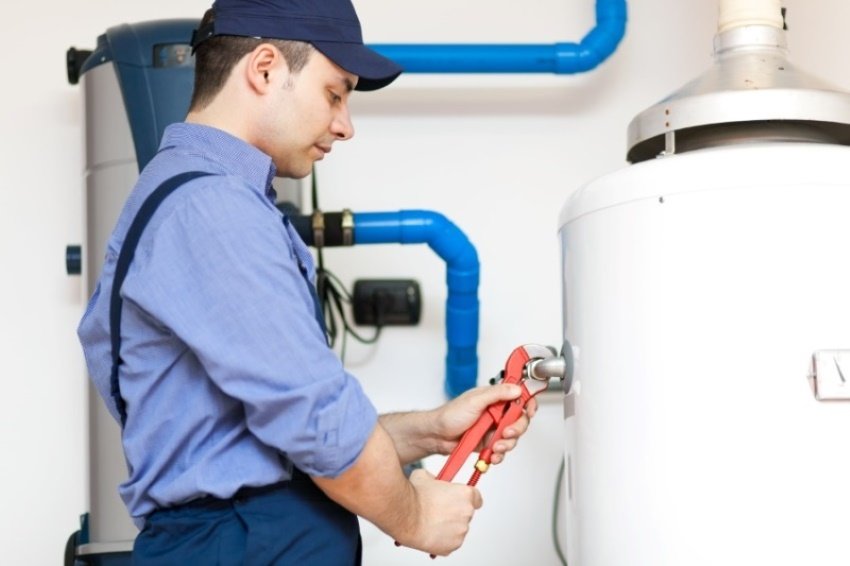
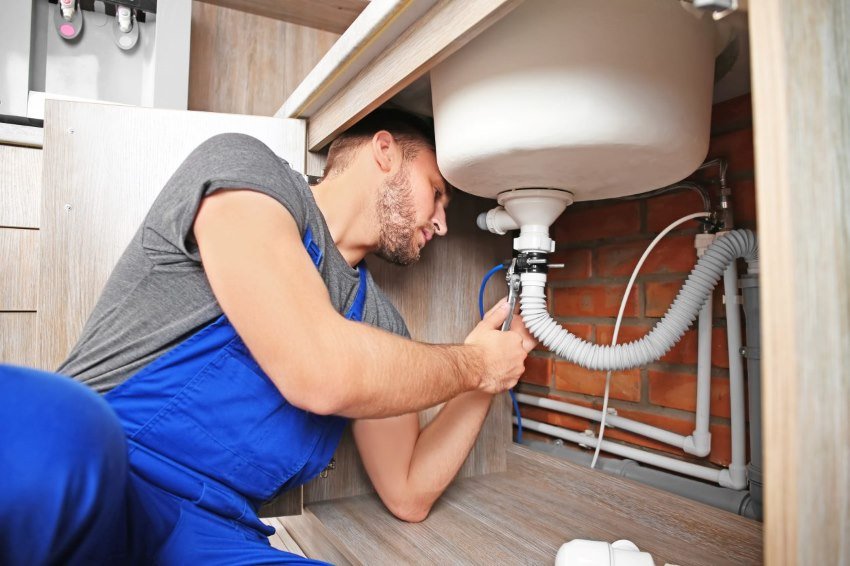
Hybrid Water Heater Repair: Servicing Next-Generation Systems
1. Understanding Hybrid Water Heaters: Provide an overview of hybrid water heaters, which combine elements of traditional tank-based systems with tankless technology or heat pump technology to offer improved energy efficiency and performance.
2. Diagnosing Common Issues: Identify common issues that hybrid water heaters may experience, such as compressor malfunctions, refrigerant leaks, heating element failures, or control system errors, and discuss diagnostic techniques for troubleshooting these problems.
3. Refrigerant Leak Detection: Highlight the importance of refrigerant leak detection in hybrid water heaters equipped with heat pump technology, explaining how plumbers can use leak detection tools and techniques to locate and repair leaks in refrigerant lines.
4. Compressor Maintenance: Discuss the maintenance requirements for compressors in hybrid water heaters, including cleaning, lubrication, and inspection of electrical connections, to ensure optimal performance and longevity of the system.
5. Heat Pump Troubleshooting: Provide guidance on troubleshooting heat pump issues in hybrid water heaters, such as fan motor failures, sensor malfunctions, or icing problems, and recommend corrective actions to restore proper operation.
6. Tankless Component Repair: Address common issues with tankless components in hybrid water heaters, such as flow sensor failures, ignition problems, or scale buildup in heat exchangers, and outline repair procedures to resolve these issues effectively.
7. Control System Calibration: Explain the importance of calibrating control systems in hybrid water heaters to ensure accurate temperature regulation, efficient operation, and compatibility with renewable energy sources or smart home integration features.
8. Energy Efficiency Optimization: Offer recommendations for optimizing the energy efficiency of hybrid water heaters through insulation upgrades, temperature adjustments, timer settings, or integration with solar thermal systems or other renewable energy sources.
9. Water Quality Considerations: Discuss the impact of water quality on the performance and longevity of hybrid water heaters, including recommendations for water softening, filtration, or treatment to prevent scale buildup, corrosion, or sediment accumulation in the system.
10. Customer Education and Support: Provide comprehensive education and support to customers with hybrid water heaters, including guidance on proper usage, maintenance tasks, warranty coverage, and available repair services, to empower homeowners to maximize the performance and lifespan of their systems.
Schedule A Free Estimate
Reach Us
Stamped Concrete Contractor ATX
Austin TX
(512) 877-2721
